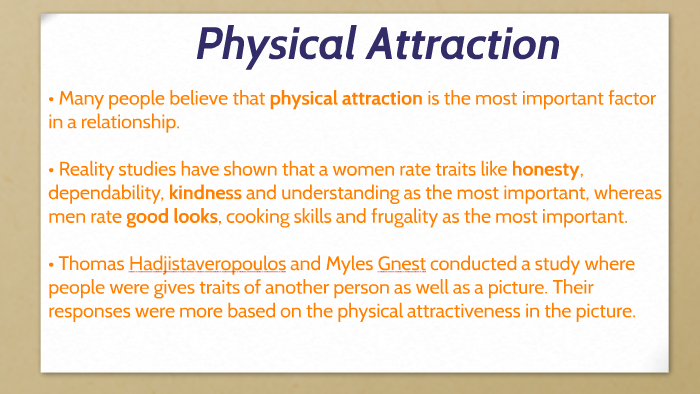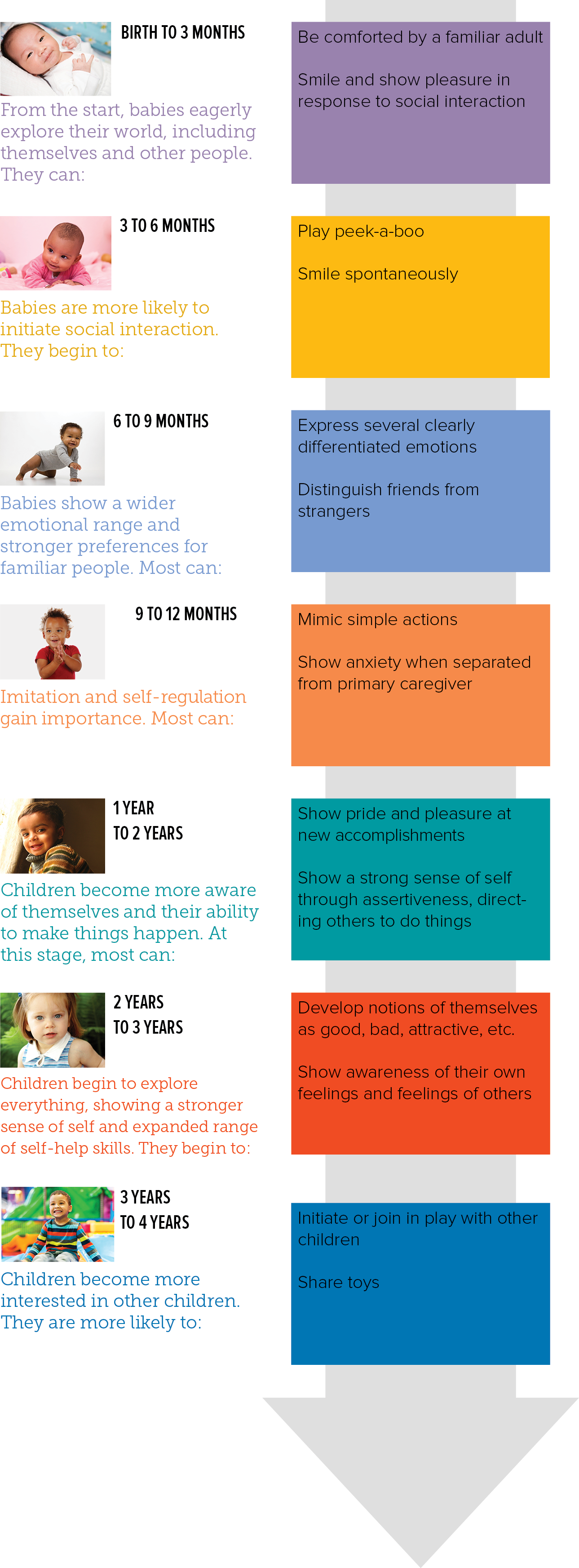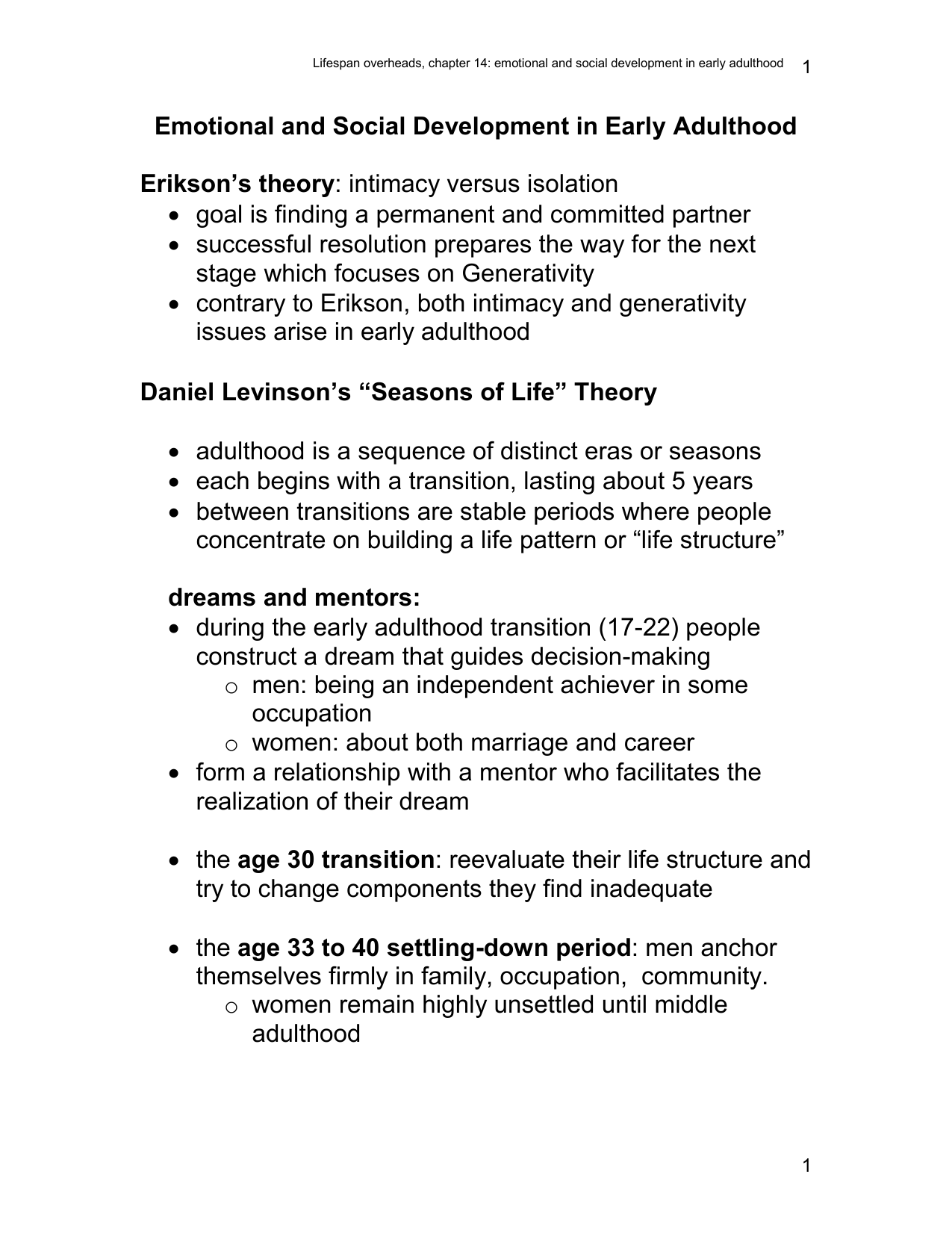Early adulthood, defined as the period between the ages of 18 and 25, is a time of significant emotional and social development. During this stage, individuals are transitioning from the dependence of adolescence to the independence of adulthood, and they are faced with a number of challenges and opportunities that can shape their emotional and social development.
One major challenge that many young adults face during this stage is the process of identity formation. This involves exploring one's values, beliefs, and goals, and making decisions about who they are and what they want to do with their lives. This process can be stressful, as young adults may feel pressure to conform to societal expectations or to live up to the expectations of their families and peers. However, it can also be a time of great personal growth, as individuals discover their passions and interests and begin to build a sense of self.
Another important aspect of emotional development in early adulthood is the formation of close relationships. During this stage, young adults often form deep, meaningful relationships with romantic partners, friends, and other social groups. These relationships can provide a sense of belonging, support, and meaning, and they can also help individuals to develop their communication and interpersonal skills. However, these relationships can also be a source of conflict, as young adults may struggle to balance the demands of their personal lives with those of their professional lives.
In addition to these challenges, young adults may also face significant social changes as they move out of the family home and into the wider world. This may involve moving to a new city, starting a new job, or attending college or university. These changes can be exciting and empowering, but they can also be overwhelming, as young adults may feel isolated or homesick. It is important for young adults to seek out support from friends, family, and other resources during this time to help them navigate these changes and build a sense of community.
In conclusion, early adulthood is a time of significant emotional and social development, as individuals explore their identities, form close relationships, and navigate social changes. While this stage can be challenging, it is also an exciting and transformative time that can set the foundation for a lifetime of personal growth and fulfillment.






